Children are a blessing from Allah SWT to parents. They teach parents patience and remind them of what matters in life. Muslim parents should always remember that they are an amanah (a trust) given to us by Allah SWT. Thus, a Muslim parent entrusted with children has the duty to raise children according to the guidelines of the Quran and the teachings of the Prophet ﷺ.
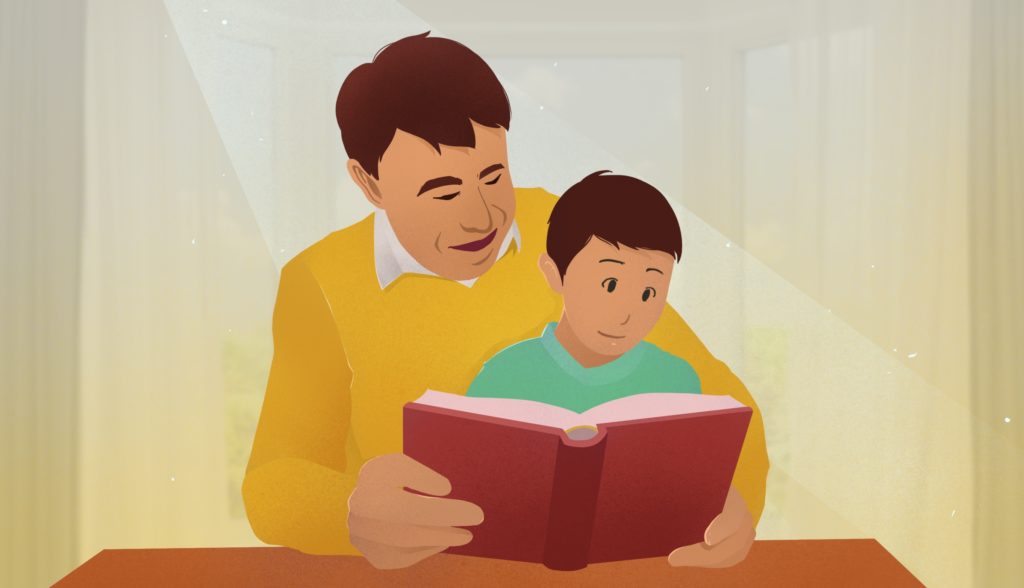
One of the duties of a parent towards their children is to educate them with beneficial knowledge. The education we give our children from a young age will remain with them for the span of their lives, as this Arab proverb wisely states:
العِلْمُ فِي الصِّغَرِ كَالنُّقَشِ عَلَى الحَجَرِ
Knowledge at a young age is like engraving on stone
New Words
عِلْمُ
knowledge
فِي
at
الصِّغَرِ
young or small
لنُّقَشِ
engraving
عَلَى
on
الحَجَرِ
stone
.
Building the foundation of knowledge
The child’s mind is like a sponge. It has the tendency to absorb whatever information and stimuli it comes across without conscious effort. This is why guiding the information a child is exposed to during their early years of life is so critical, as they will absorb everything at an astounding rate which will shape their development.
The knowledge they are exposed to during these years stays with them for life. From language, physical, and social skills to understanding the world around them and knowledge of the deen. This knowledge becomes a foundation they can return to time and time again throughout their life.
.
Supporting evidence from neuroscience
Our understanding of neuroscience supports how knowledge imprints upon the brain at a young age, almost like the saying, “an engraving in stone”.
Neuroscience is a branch of science that studies the nervous system and how it functions, which includes the brain, spinal cord, and nerves. Specifically, neuroscience reveals how the neural connections in the brain activate and grow based on positive or negative experiences.
According to neuroscience, a young brain has incredible neuroplasticity. The brain’s plasticity is what enables us to adapt and change as we learn, unlearn, and relearn skills and habits.
When a child is exposed to new information, the brain’s plasticity forms neural connections. This turns something challenging into something reflexive. In other words, it creates a learning path in the brain that turns something new into something habitual.
For example, learning to walk and talk is initially challenging for a young baby. However, as the brain absorbs new information and creates the neural pathways to walk and talk, it is imprinted in the brain and becomes like second nature. This imprinting at a young age is how young brains form lifelong memories.
.
Teach your children beneficial knowledge
The proverb and evidence from neuroscience all point to the same thing: teach your children beneficial knowledge because what is imprinted in them at a young age stays with them for life.

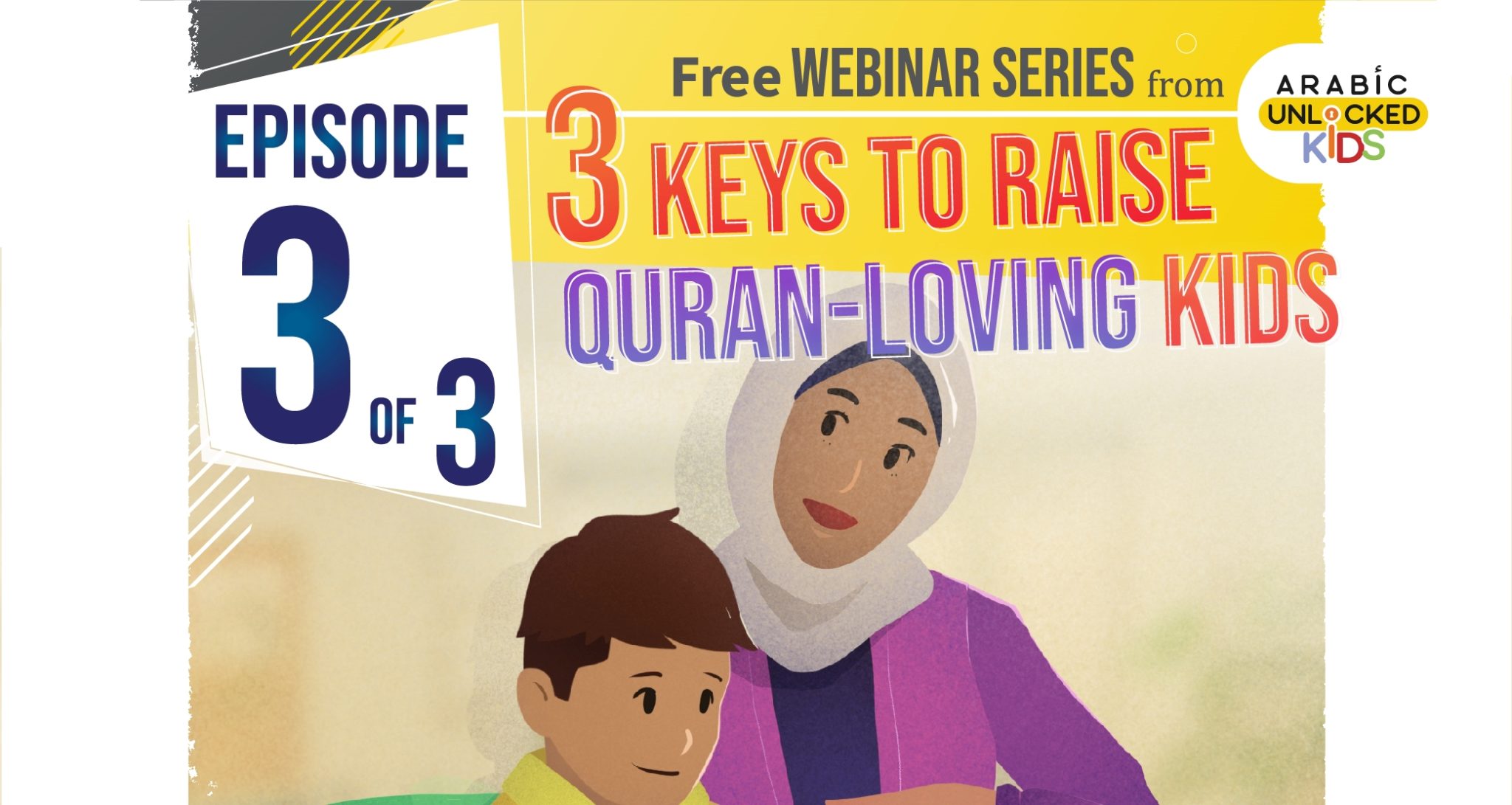
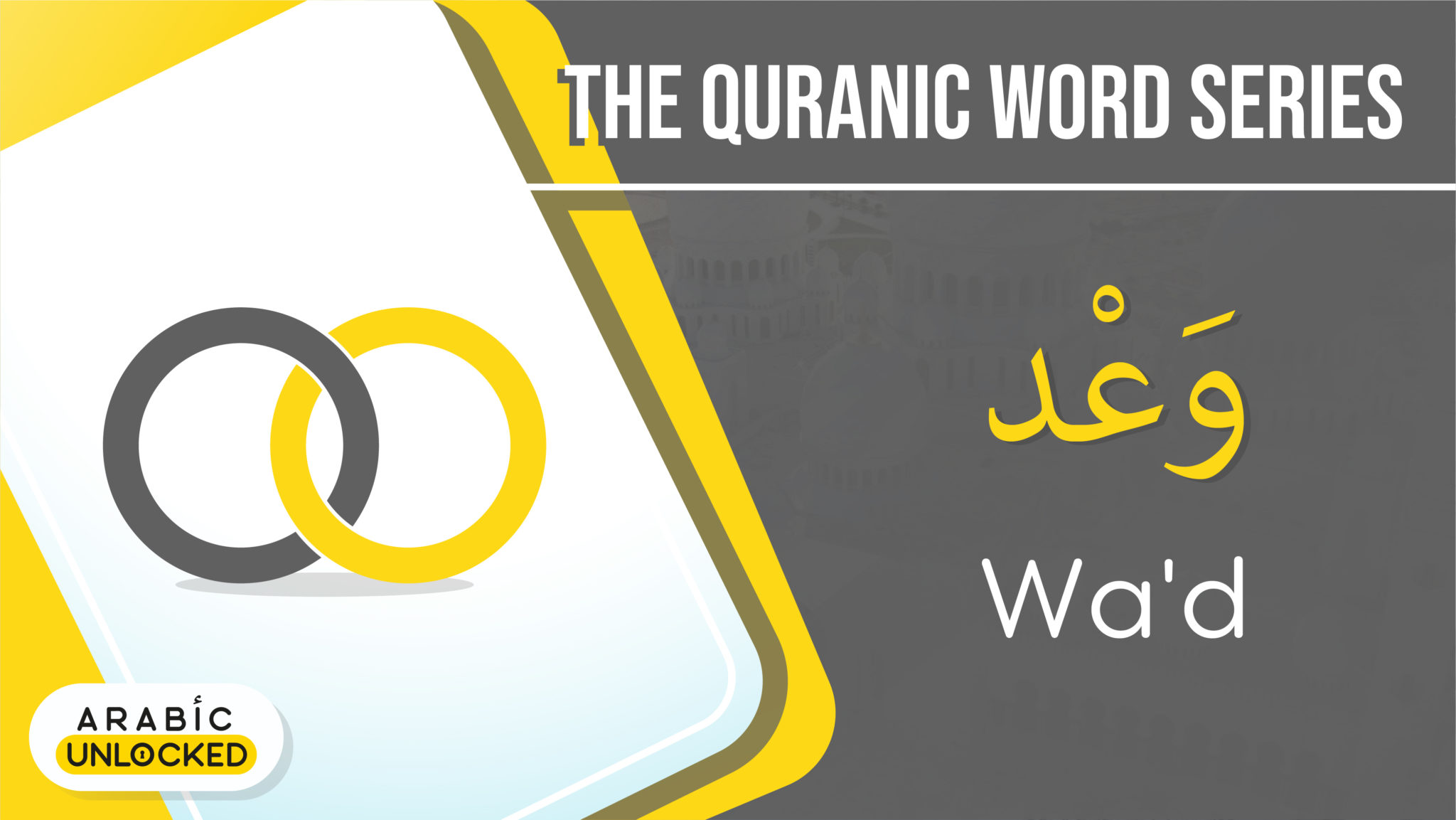
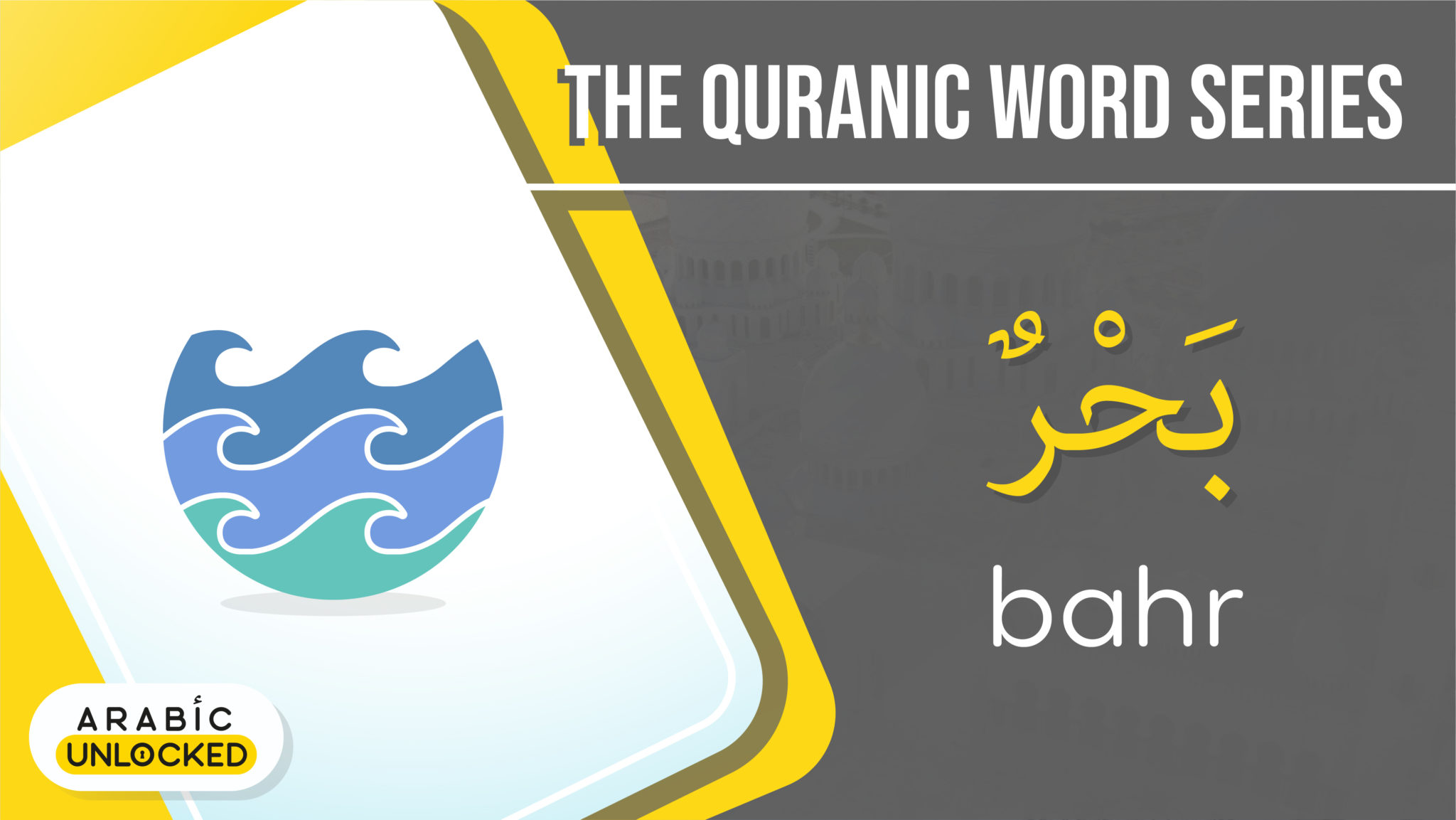

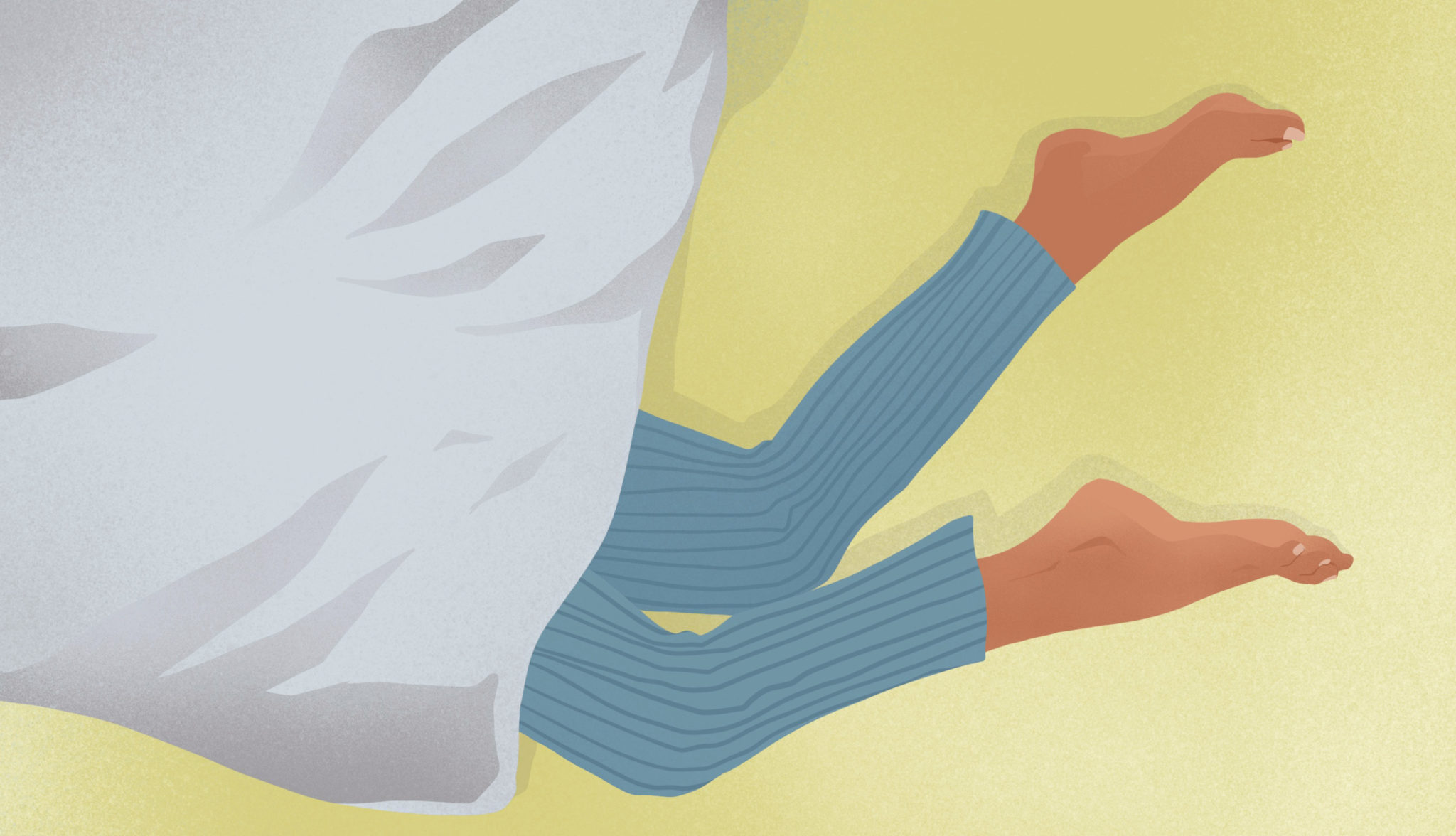
SUBHANALLAH very benificial